Are Residential Mini-Split A/C and Heat Pumps Systems Efficient and Eco-Friendly?
In Texas, summers go hand-in-hand with air conditioning. With the relentless heat and humidity that Houston is known for, it can get quite expensive to keep the inside of your home cool and comfortable, especially for those who have started working from home or are spending more time indoors lately.
In the increasingly hot summers and crippling winter cold fronts, you might be looking for ways to make heating and cooling your home more affordable and energy-efficient. One option that many homeowners have been looking into recently is installing a ductless mini-split system.
What are ductless mini-split heat pumps?
Ductless mini-split heat pumps are a popular alternative or supplemental add-on to traditional central heating and cooling systems. Where residential central air systems require a complex network of ducts to condition your home, mini-splits instead provide heating and cooling through a single device. This means you don’t have to install ducts, which can be expensive—especially if your home doesn’t already have a centralized heating and cooling system.
Instead, ductless mini-splits have an indoor unit that connects to a unit outdoors through a refrigerant line. This hook-up only requires a 3-inch hole for the conduit, making it much easier and less expensive to install.
You can generally choose between a mini-split system that has singular cooling capabilities or one that has both heating and cooling capabilities. In the summer, the heat pump moves heat from your home to the outside, much like an air conditioner. Then, in the winter, the heat pump works in reverse by moving heat from the outside into your home.
Since ductwork isn’t required for mini-splits, they can be installed in any section of your home. This means that almost every room or indoor unit can have customized heating and cooling with individual thermostats.
Some mini-split systems have 1 outdoor compressor that can connect to up to 4 indoor units, which means that you can have 4 different heating and cooling zones in your home. This is one of the biggest differences between mini-splits and centralized heating and cooling systems.
Are ductless mini-splits efficient and eco-friendly?
The short answer is, yes!
Heat pumps, in particular, are so efficient that a recent report published by Columbia University’s Center on Global Energy Policy suggested that heat pumps offer one of the best ways to cut carbon in homes and commercial buildings. Considering that commercial and residential buildings account for roughly 12 percent of greenhouse gas emissions in the U.S., according to the EPA, this represents a “win-win solution” for efficiency and cutting carbon emissions.
More specifically, mini-split heat pumps are more efficient, cost-effective and eco-friendly compared to centralized heating and cooling systems for these 5 reasons:
1. Different zones of cooling and heating
Because mini-splits allow you to section your home into different “zones,” each with its own unit that is temperature-adjustable, you can cool and heat different parts of your home at different times. Ultimately, this makes it so that you aren’t expending energy cooling on a part of your home that you aren’t using.
For example, if you are working in your home office, you don’t necessarily need to keep your guest bedroom cool, since you aren’t using that room. With a mini-split system, you can keep your home office cool without having to worry about wasting energy and money cooling other parts of your home.
2. Lack of ductwork
Since mini-splits don’t require ductwork, they are already more energy-efficient than centralized heating and cooling systems because they eliminate the possibility of energy loss through leaky ducts. Energy Star says that in a typical home with centralized cooling, 20 percent of the cooling is lost to leaky ductwork.
With a mini-split system, you can trust that all energy is going directly into the zone of your house that needs cooling or heating.
3. Transfers heat rather than generating it
Energy Star reports that you could cut your heating costs in half by using a mini-split system. Mini-splits transfer heat rather than generating it, so mini-split heat pumps use 60 percent less energy than a traditional heating system.
4. Sophisticated compressors
With a mini-split system, you could also cut cooling costs by 30 percent compared to traditional air conditioners. The compressors are more sophisticated and you can adjust the fan speed accordingly to your different zones to save energy.
5. One unit for both heating and cooling
If you decide to install a mini-split system with heating capabilities, you will be heating and cooling your home through just 1 unit. This means that your home will be energy-efficient all year long.
Are you interested in installing a mini-split system, or just learning more about how to make your home more efficient in its cooling and heating? Contact 247 Local HVAC for insight and advice.
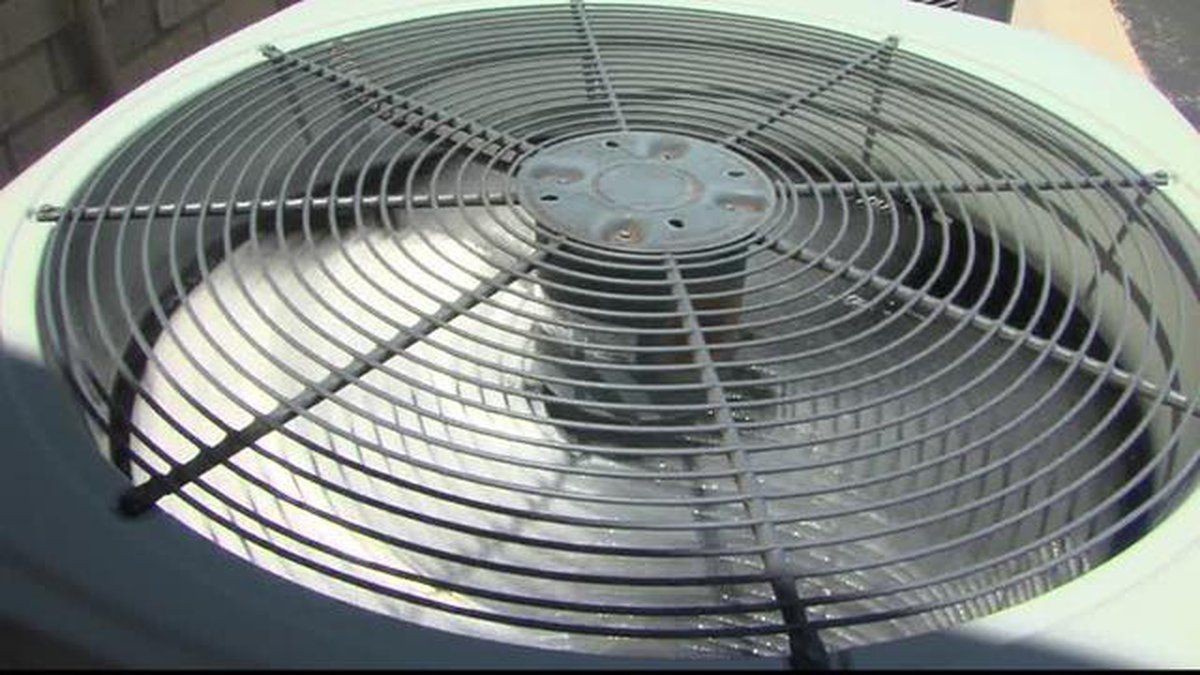

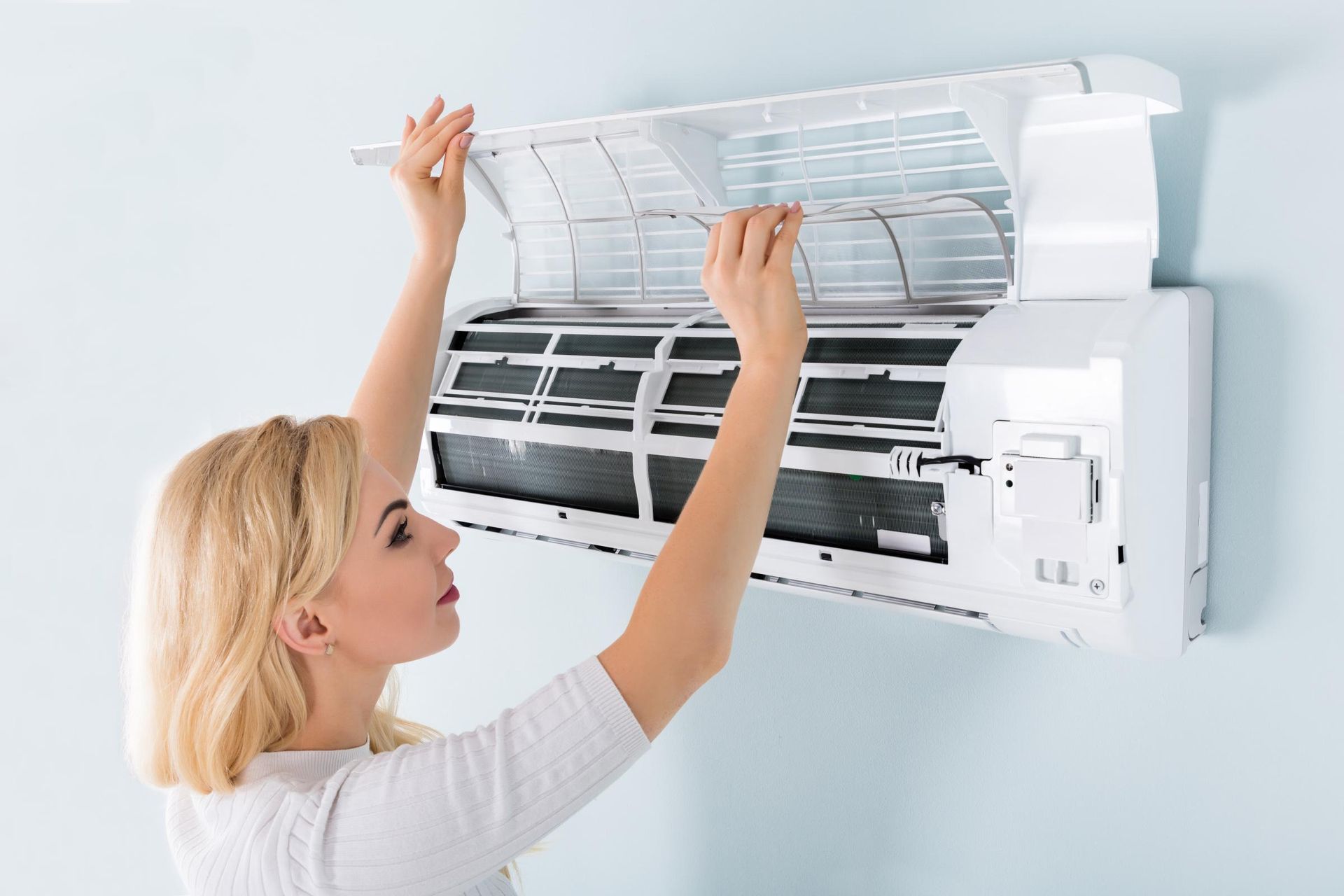
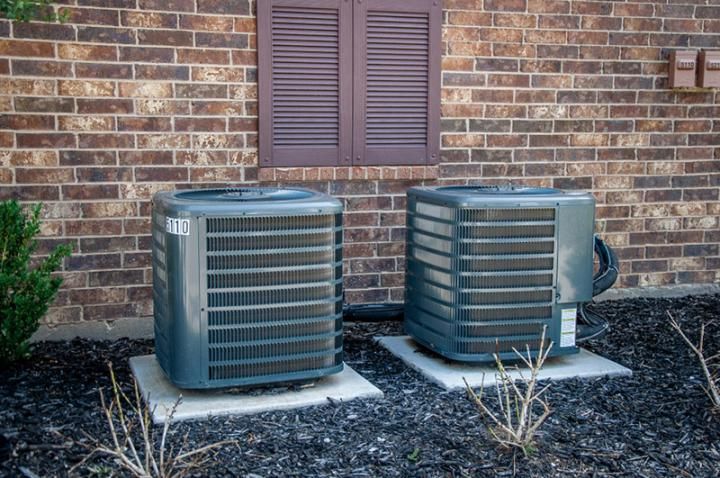

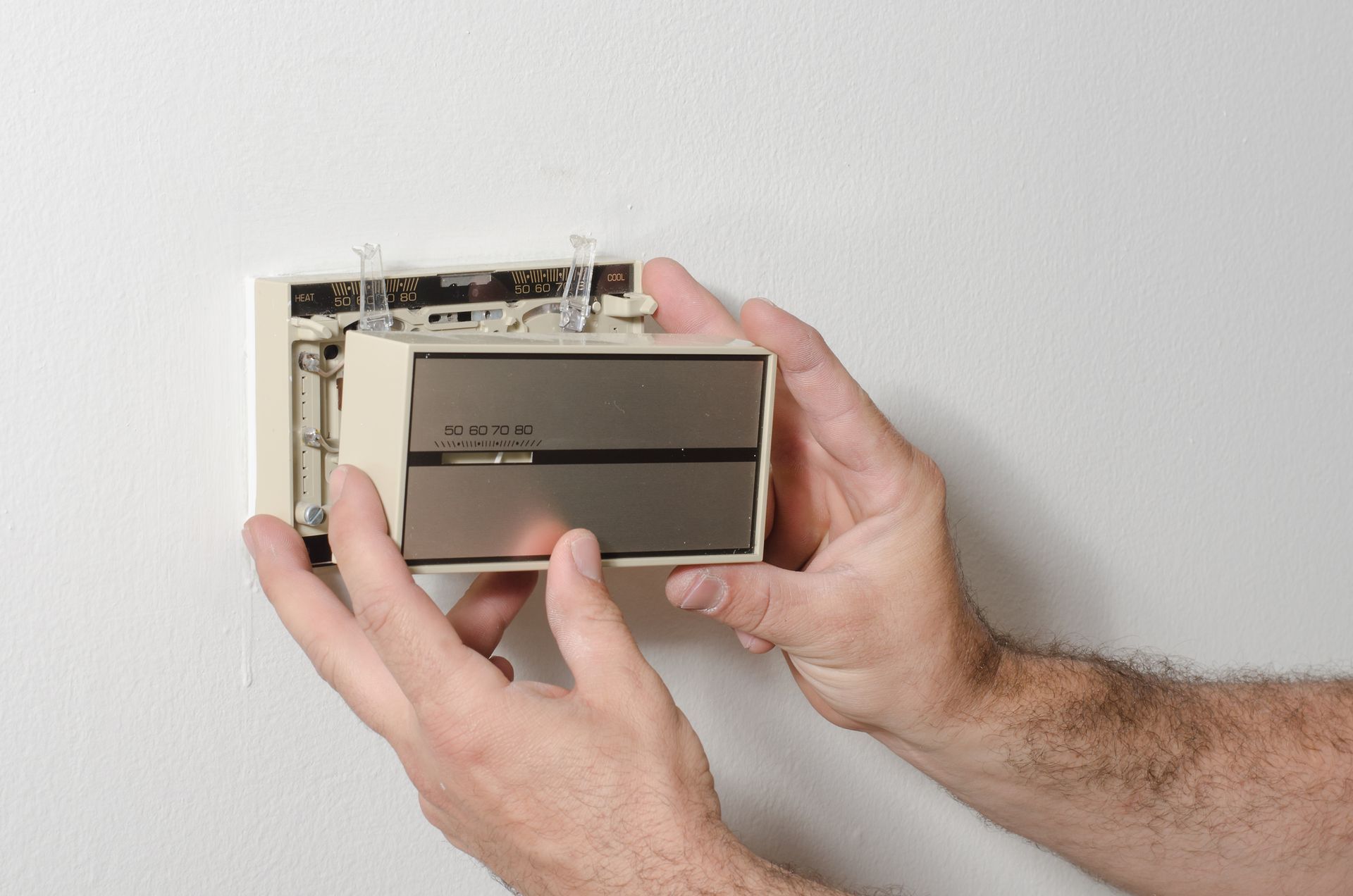

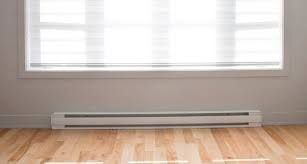
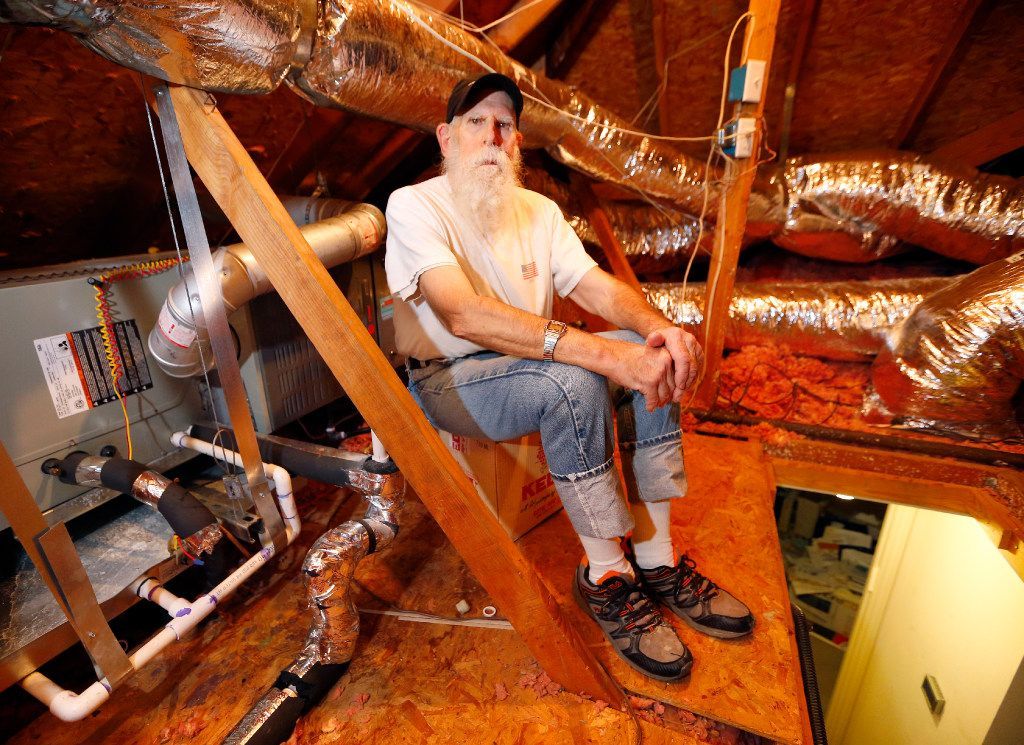

1200 Brickell Avenue Suite 1950, Miami, FL 33131
At 24/7 Local HVAC, we specialize in facilitating connections with top-tier HVAC professionals. Our focus is on bridging the gap between you and reputable HVAC companies operating within your local vicinity. It's important to emphasize that each of these HVAC entities functions independently and autonomously.
We firmly place the onus on every individual user to meticulously verify that any selected HVAC company aligns with the mandated licensing and insurance prerequisites stipulated by the governing authorities in their respective jurisdiction.
Furthermore, it's worth noting that our services may regrettably not cover all geographical areas. In instances where our services are available, the scope of offerings could potentially differ based on the composition of service providers present within that particular region.

